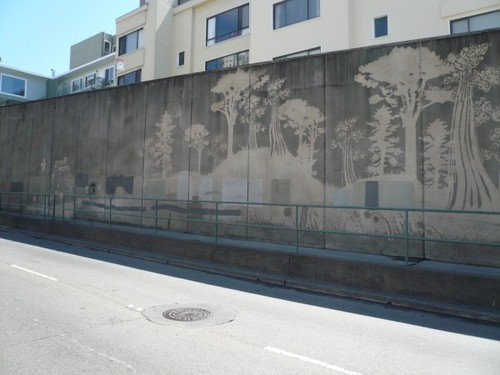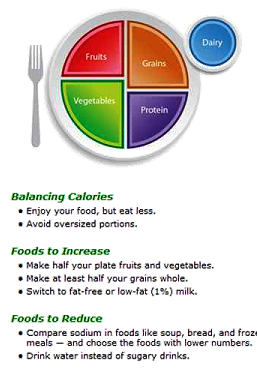- How were the performers gathered? Via social media or traditional means? Do you know all the performers before it starts?
- How choreographed is the action?
- Did the venue know ahead of time?
- Did the audience know ahead of time?
I submit that if the event was planned by traditional means, it's not a flash gathering. Further, if you know everyone who shows up ahead of time, you're not a mob. You and your buds, your colleagues, your classmates, your knitting group, your whatever decide to meet at a certain place and do a silly thing, you're not a flash mob.
If your action is choreographed, I'm happy to still let you be a flash mob, but you can't claim to be improv. Boarding a sub in Vader and Leia costumes and acting out interrogation scenes is NOT improv or a flash mob. However, you should get bonus "flash" points for having or needing very little rehearsal. If anyone COULD join in, you're more likely a flash mob. Flash mobs can carol, flash mobs can line dance, flash mobs can reenact dance steps from Flashdance ... but if it's your dance class or your church choir and you've been rehearsing forever, you're probably not a flash mob. Again, there are really two issues here: to be flash you need less rehearsal; to be a mob you shouldn't necessarily know everyone participating ahead of time.
If you're using the venue's sound equipment and made an appointment with them, I don't see a reason why you can't be a courteous flash mob. But you should get bonus "flash" points if they don't know you're coming.
However, if the audience knows ahead of time that you are coming, you are definitely NOT a flash mob.
The Tabernacle Choir this week gets points for using a nontraditional venue choice, but the audience knew they were there, they got permission weeks ahead of time, they knew everyone performing, it was spread by traditional means, and it was highly rehearsed ... it doesn't sound very flashy or mobby to me. When the Opera Company of Philadelphia that got together at Lord and Taylor to sing the Hallelujah Chorus, they probably weren't either because they knew everyone performing ahead of time. However, if they were joined by enough spectators or announced it via the web to attract additional singers, I would be willing to allow it.
Birthday parties can be planned on Facebook, but that doesn't make them flash mobs. Police in a number of areas point out how many disturbances are not flash mobs.
The groups that get together to swing Jedi lightsabers or freeze motionless for 3 minutes probably do count.
Potentially there is a fifth dimension that you need a critical mass of people to be considered a mob, but that number will vary with location and purpose, and I am just generous enough to allow for less-successful flash mobs that just didn't attract enough people to go viral.


















